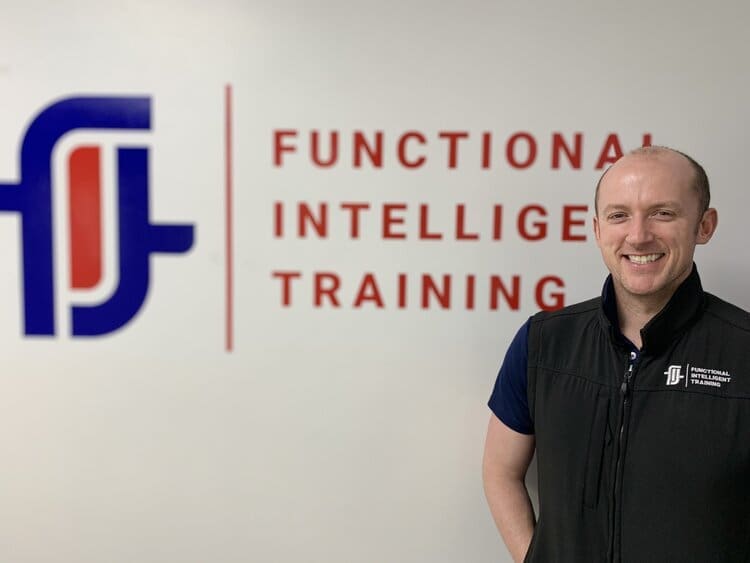From Professional Football and Goalkeeping to Physiotherapy

Carl developed a keen interest in Physiotherapy whilst playing for Newcastle United from the age of 13, to senior reserve team level and England. Following an injury, Carl completed a degree in Applied Health and Exercise Science and subsequently in Physiotherapy.
Carl started his career as a Physiotherapist in the NHS, before moving to more specialist physiotherapy practice working with the UK’s elite forces, senior athletes and Olympians in sports ranging from bobsleigh to rugby, football and rowing. Carl has developed a keen focus in rehabilitation and exercise progression, and believes that understanding the demands of a sport is essential in creating a pathway of care to remain injury free. Carl is passionate about the treatment rehabilitation process, and takes great satisfaction from seeing patients being able to reach their goals.
Today I’m joined with Carl Bell who played football at Newcastle United’s academy from the age of 13 and progressed to reserve team level before injuries meant he pursued a career in physiotherapy. He is now a partner at Functional Intelligent Training and a sought after and very knowledgeable physiotherapist.
Carl was a goalkeeper, so we go on to discuss the unique pressures of goalkeeping, and how this impacted his enjoyment of the game. We also talk about his career now and the psychology around recovery and rehabilitation. Enjoy tuning in!
Key Takeaways include:
- It’s an individual thing, the mindset of a goalkeeper will depend on how they perceive pressure.
- You can train immensely hard and do really well, yet one mistake can stick with you, it can be a mental battle.
- Goalkeeping can be a lonely position, you’ve got another 10 players around you looking and counting on you.
- Goalkeeping coaches have a big responsibility in the way that they support their players.
- As a physiotherapist, you need to consider how you manage the person as well as the injury to get the best from them, always coming back to what does the injury need.
- Soft skills are important to reassure people when their injured, helping them focus on what they can do
- Often people are looking for quick fixes which can be a challenge.
Connect with Carl Bell:
Connect with David Charlton
Download THE FOCUSED ATHLETE CHECKLIST
Join David @ The Sports Psychology Hub
Instagram, Facebook, Twitter and LinkedIN
Helpful Podcast Episodes
Podcast Ep015: Nick Grantham – Essential Elements of Rest and Recovery
Podcast Ep049: James Maurice – How Does Sport Psychology In Elite Football Academies Help
Podcast Ep065 Amy Izycky – Encouraging Mentally Healthy Cultures in Sport
Podcast EP077: Danny Thomas – Before, During and After Professional Football
Other Useful Resources
Goalkeeping Psychology Resources
Click the button below to join The Sports Psychology Hub a Facebook group that David hosts to help ambitious athletes, serious sport coaches, sporting parents, sports psychologists and mental game coaches to support each other.
IF YOU ENJOYED TODAY'S SHOW PLEASE SHARE
SUBSCRIBE AND LISTEN ON YOUR FAVOURITE AUDIO PLATFORM
Also, kindly consider taking the 60-seconds it takes to leave an honest review and rating for the podcast on iTunes, they’re extremely helpful when it comes to the ranking of the show and we read every single one of them!

Best Wishes
David Charlton
Online Goalkeeping Psychologist who supports goalkeepers with their mental game all around the world from USA to Ireland and England to Australia, using ONLINE Video Conferencing.
Managing Director – Inspiring Sporting Excellence, Host of Demystifying Mental Toughness Podcast and Founder of The Sports Psychology Hub. With over a decades’ experience supporting athletes, coaches, parents and teams to achieve their goals, faster.
T: +44 7734 697769








